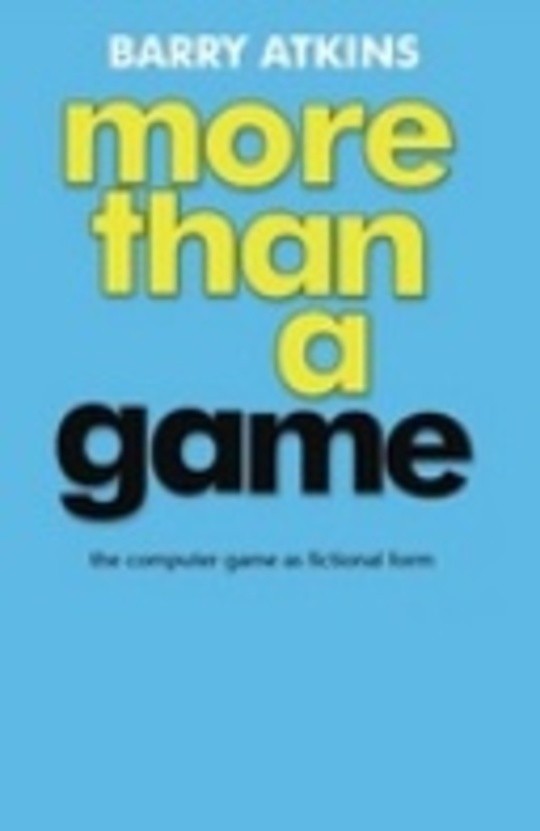
More than a game
Free
Description
Contents
Reviews
Language
English
ISBN
0-7190-6364-7
Contents
Acknowledgements
1 The computer game as fictional form
The postmodern temptation
Reading game-fictions
2 Fantastically real: reading Tomb Raider
Lara Croft: action hero
Tomb Raider as quest narrative
Beating the system
3 Gritty realism: reading Half-Life
Welcome to Black Mesa
I am a camera
4 Replaying history: reading Close Combat
History in real-time
Counterfactual gameplay
5 Managing the real: reading SimCity
The many worlds of SimCity
SimCity limits
6 More than a game?
Realism is dead, long live realism
The shape of things to come
The computer game as fictional form revisited
Glossary of game-specific terms
Bibliography
Index
The book hasn't received reviews yet.

